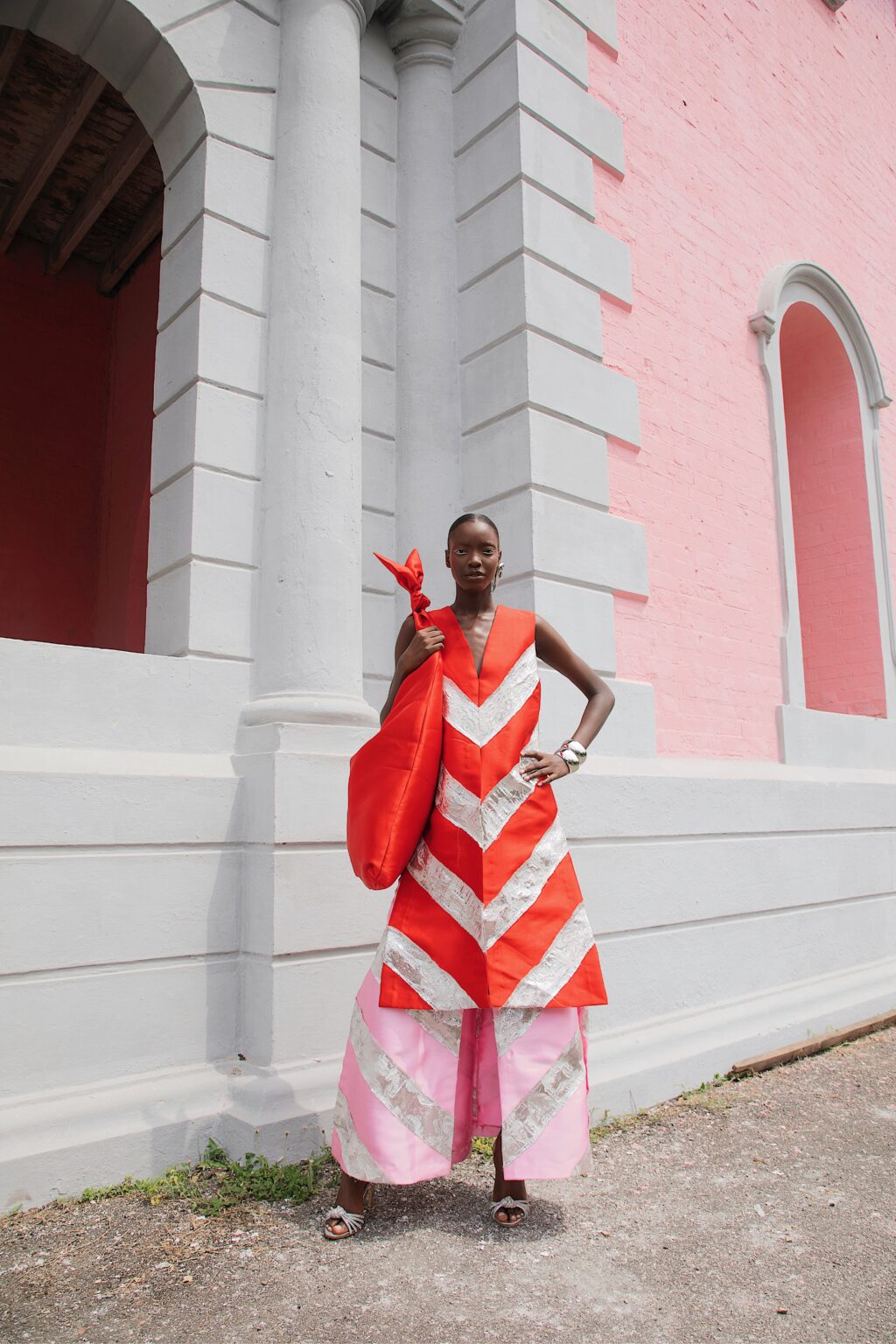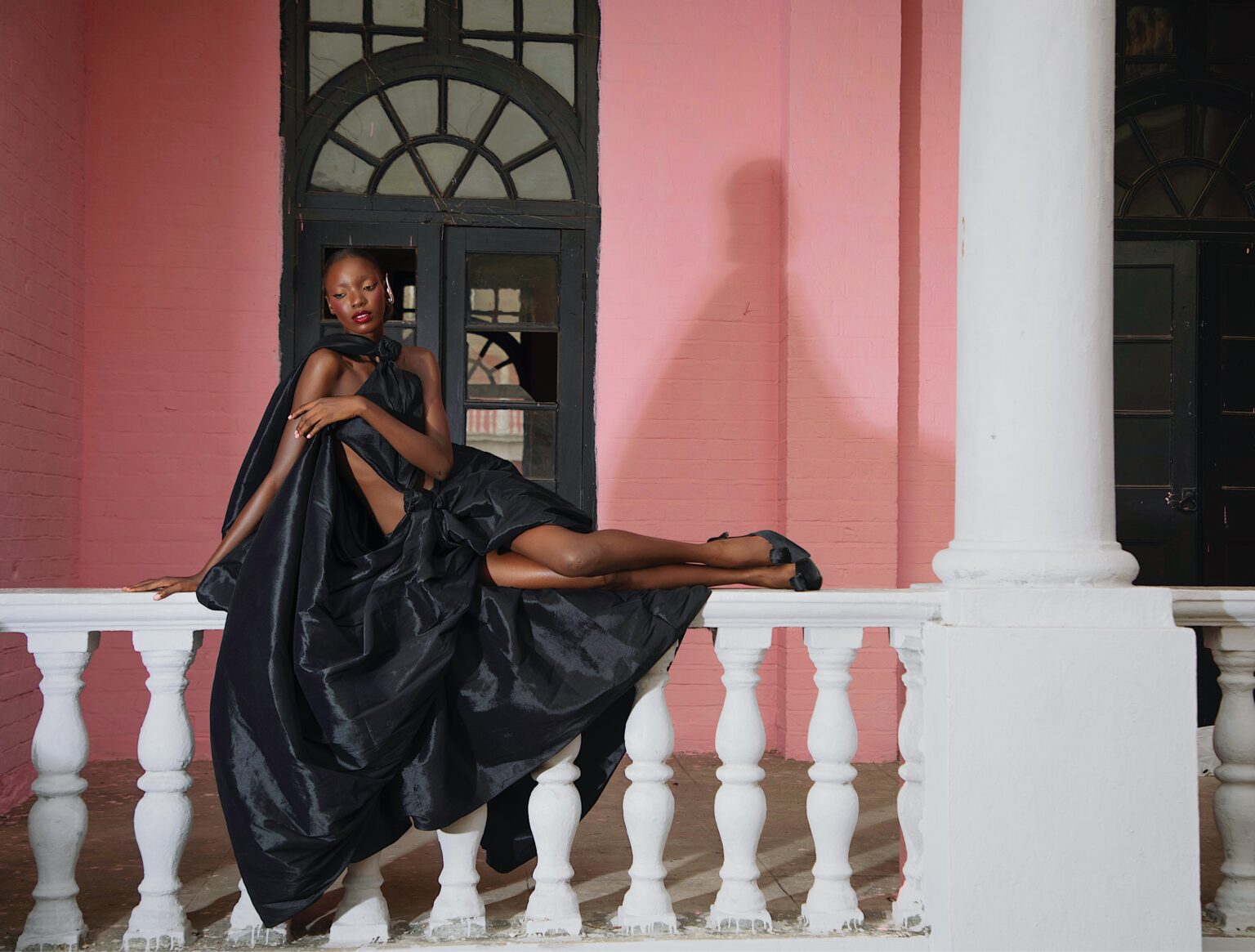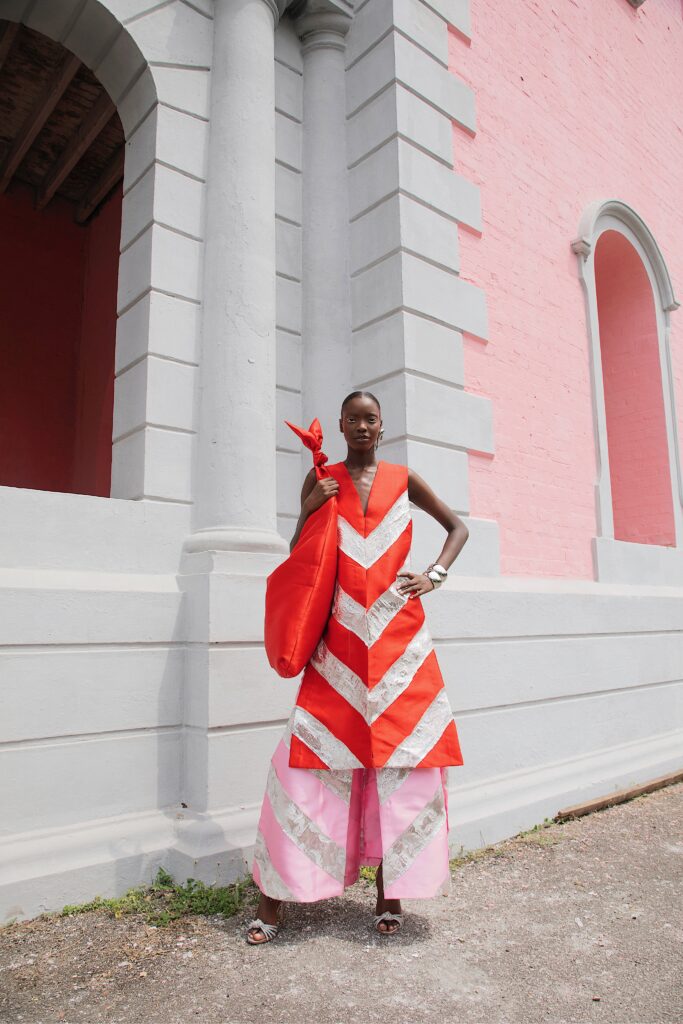“Do you know who I am?” reverberates through the air, a battle cry born from wounded pride. It echoes not just in the sterile confines of customer service departments or the chaotic streets of Lagos, but in the hearts of individuals seeking recognition, validation, or perhaps just a fleeting moment of superiority.
Picture this: two cars collide in the bustling streets of Lagos, their drivers erupting into a cacophony of honks and shouts. Amidst the chaos, one voice rises above the rest, bellowing the infamous question, “Do you know who I am?” It’s a scene all too common, where ego clashes fuel an already congested traffic flow, creating a spectacle that embodies the frustration of a city constantly on the move.
But the phrase transcends mere traffic disputes; it finds a new stage in the bureaucratic corridors of visa applications. Imagine standing before a stern-faced official, your dreams of travel dashed by a stamp of denial. Instead of succumbing to indignation, you attempt to reason, explaining the significance of an invitation from the prestigious Brooklyn Museum. Yet, your words fall on deaf ears as the official, a white male, doesn’t even bother to check your documents or listen to your story, his attention fleeting before he dismissively gestures toward a paper, a laundry list of reasons for your rejection, none of which seem to align with your reality.




